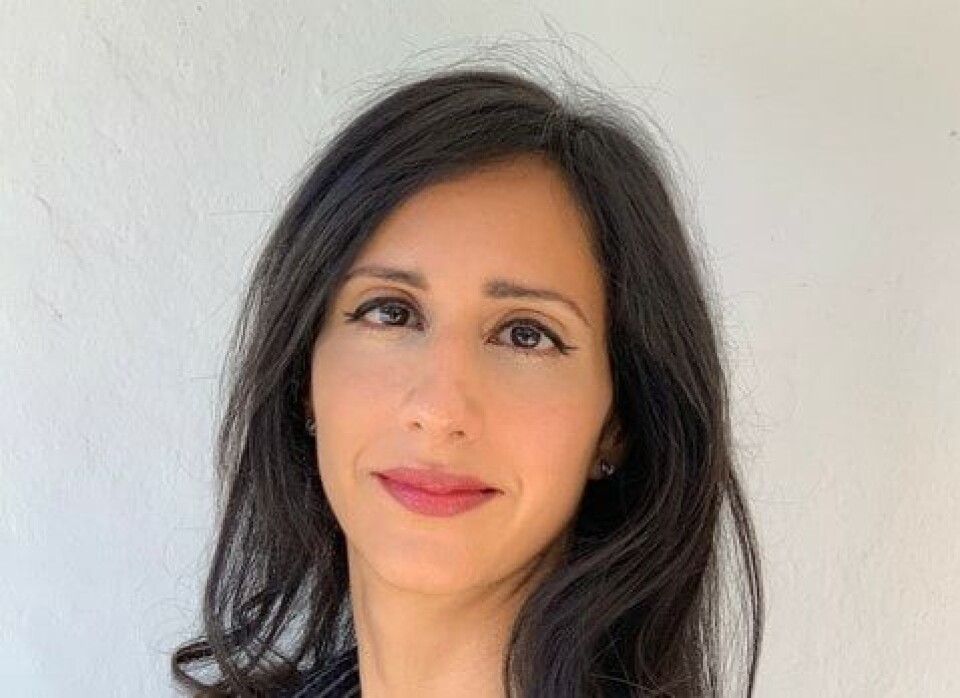Copyright : Re-publication of this article is authorised only in the following circumstances; the writer and Africa Legal are both recognised as the author and the website address www.africa-legal.com and original article link are back linked. Re-publication without both must be preauthorised by contacting editor@africa-legal.com
Resilience Key in Any Success

Angeli Arora is not scared of a challenge and certainly not heading off in the world to tackle them. Tania Broughton spoke to this globe-trotting transaction attorney.
A numerical snapshot of Arora’s career shows that in 20 years she has practiced law on three different continents and acted in numerous high-stakes corporate transactions in more than 80 jurisdictions.
After graduating from Oxford University in 1998 she did her training at a “magic circle law firm” (one of the big five multinational law firms including six months in Tokyo). She then moved to a top tier US law firm in London. At the age of 30, she became their youngest partner.
“I had a really great career in London, but I risked it all to start up the firm’s office in Hong Kong. I wanted to be part of all the investment opportunities in Asia in the early 2000s.
“People thought it was too big a risk for me to take at a relatively young age, particularly since experience and grey hairs go a long way in the profession.”
But, she says, she enjoyed being “thrown into the deep end” and built up a thriving Asia practice in record time.
She returned to London and then made another “risky move”, heading to South Africa to join Dentons in Cape Town where she now co-heads their private equity practice in Africa.
Again, it was a move which paid off.
Finding opportunities and making the most of them is what she does best.
She says people describe her as resilient because she handles difficult situations and pressures well both at work and at home - which she shares with her husband and two small children.
“I don’t get fazed easily. I can usually find a silver lining in most situations, whether it’s the valuable lessons learnt or the resultant personal growth for me.”
Arora says that, as a woman in law, she sees when working practices that affect women fall short of where they should be as a matter of law and how the laws themselves sometimes fall short of where they should be as a matter of principle.
“What I love most, and find hardest, about being a woman in the legal profession is the role I can and need to play in shaping these gender issues through the use of the law.
“And given that most of my work is cross-border, I have the added complexity of looking at these issues on a global level.”
Her main focus at work is corporate transactions, from private equity (and other investments), restructurings, mergers and acquisitions and complex business disputes.
“I particularly enjoy the investor actions I work on because they often involve taking measures which are a first of their kind in the relevant jurisdiction. I can use lessons learnt from one jurisdiction to do something different in another place.
“We have had some really groundbreaking results in a number of countries, which I hope will contribute to a better corporate governance environment in those places.”
The African market is ideal because it offers a diverse and fast-growing range of business opportunities in mining, technology, agriculture, consumer goods and basic services.
It comes with its challenges and her advice to overseas investors is to do thorough due diligence (including on legal and regulatory issues) so that they can determine whether their particular investment strategy will work here.
“In general, people with long term strategies perhaps do better in Africa particularly if they are able to ride out any short-term dips/volatility/other issues in the market,” she says.
Part of being “resilient” means that not many things keep her up at night -although “working in a jurisdiction where I have never felt so passionate about the wider issues which affect my job” - she does do some nighttime contemplation about the many opportunities where she could add value.
For now Cape Town is home.
“South Africa has real soul. I love the natural beauty,” Arora says.
“But seeing how some of the worst human characteristics, including prejudices, have affected the country is tough. It brings home what I don’t like about human nature.”
Top tips:
- Recognise that things are still changing for women in the profession. They are better than 20 years ago but, hopefully, not as good as things will be in 20 years.
- Work out what you want professionally and personally to ensure that the two are compatible.
- Work out whether you would like to work overseas and give some thought to when might be the right time for you.
- Find a mentor.
- Don’t be afraid to spearhead change in your professional/work life.
Angeli is a guest contributor on the Africa Legal and UCT Law@work course 'Practical Corporate Governance for the Modern African Lawyer'. To learn more or take the course click here
To read more from Africa Legal's Women in Law series click here
